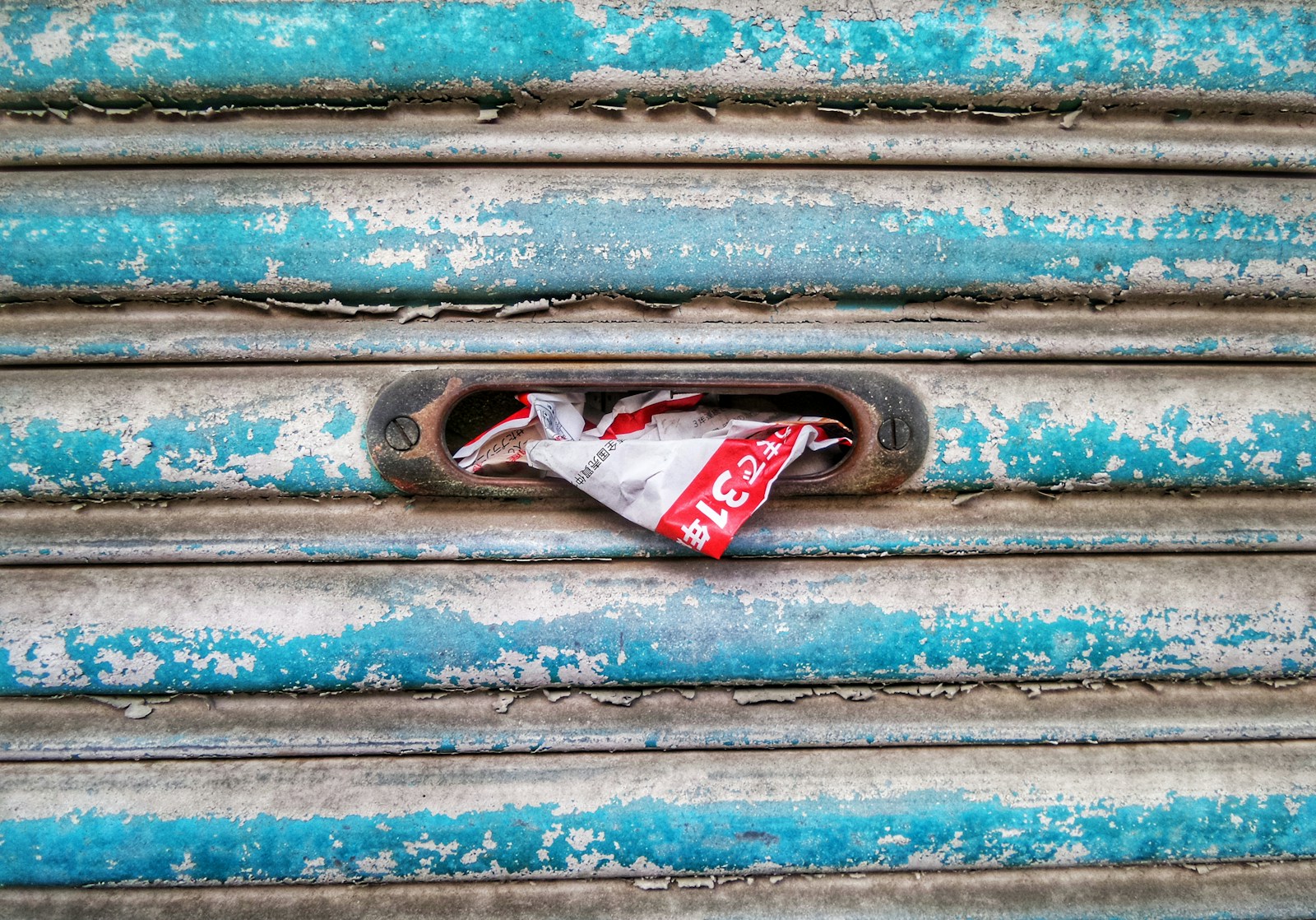
plein

full
The French word for 'full' is 'plein'. It is used similarly to English - to describe something that is complete or contains all that it can. It can be used in various contexts, for example, to describe a full glass of water you'd say 'un verre plein d'eau'.
Example sentences using: plein
La salle est pleine de gens.

The room is full of people.
This phrase describes a situation where a room is densely populated with individuals. 'Plein de' is used here to mean 'full of' in English.
J'ai plein de choses à faire.

I have plenty of things to do.
This sentence indicates that the speaker has numerous tasks to accomplish. The term 'plein de' is used to denote 'a lot of' or 'plenty of'.
Il fait plein jour.

It's broad daylight.
This phrase is a French idiom used to specify that it's already full daylight, meaning it's no longer dawn or dusk.
Je suis plein d'espoir pour l'avenir.

I am full of hope for the future.
This sentence specifies that the speaker is hopeful about what is to come. The term 'plein d' is used to denote 'full of'.
Mon verre est plein.

My glass is full.
This sentence describes a situation where the speaker's drink container is full. The term 'plein' is used to mean 'full' in English.
Le sac est plein à craquer.

The bag is bursting at the seams.
This sentence implies that the bag is filled to maximum capacity, even to the point of almost breaking. Here, 'plein' illustrates the concept of 'full'.
Nous avons passé une journée pleine d'émotion.

We had a day full of emotion.
This sentence illustrates that the speaker and others experienced a day filled with emotional events. The term 'pleine' is the feminine form of 'plein' and is used here to denote 'full of'.
Le garçon est plein de vie.

The boy is full of life.
This sentence describes a boy who is lively, energetic, and full of spirit. The term 'plein de' is used to mean 'full of' in English.
Il a le ventre plein.

He has a full stomach.
This phrase describes someone whose stomach is full from eating. The term 'plein' is used to signify 'full', referring to the state of the person's stomach.
La lune est pleine ce soir.

The moon is full tonight.
This statement depicts the astronomical phenomenon where the moon appears completely illuminated from Earth's perspective. The term 'pleine' is used to designate a 'full' moon.